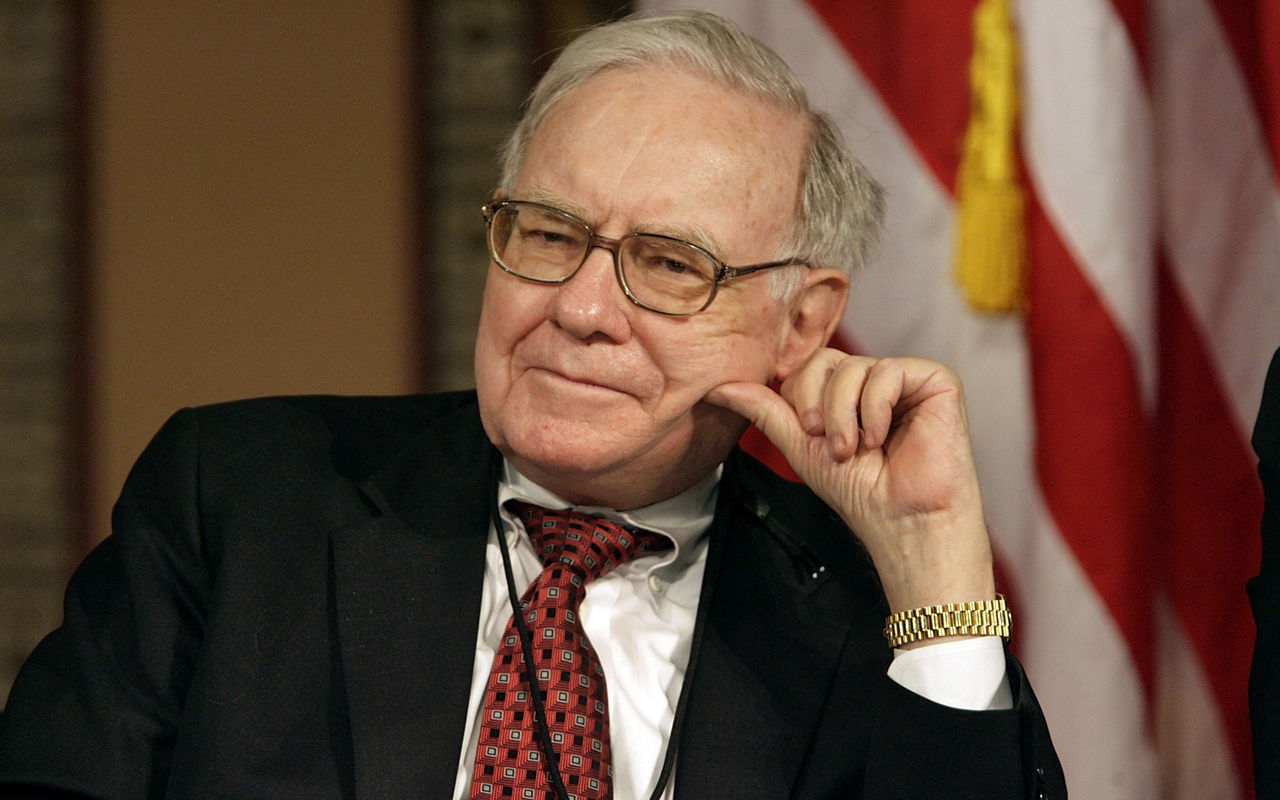Profit and prosper with the best of Kiplinger's advice on investing, taxes, retirement, personal finance and much more. Delivered daily. Enter your email in the box and click Sign Me Up.
You are now subscribed
Your newsletter sign-up was successful
Want to add more newsletters?

Delivered daily
Kiplinger Today
Profit and prosper with the best of Kiplinger's advice on investing, taxes, retirement, personal finance and much more delivered daily. Smart money moves start here.

Sent five days a week
Kiplinger A Step Ahead
Get practical help to make better financial decisions in your everyday life, from spending to savings on top deals.

Delivered daily
Kiplinger Closing Bell
Get today's biggest financial and investing headlines delivered to your inbox every day the U.S. stock market is open.

Sent twice a week
Kiplinger Adviser Intel
Financial pros across the country share best practices and fresh tactics to preserve and grow your wealth.

Delivered weekly
Kiplinger Tax Tips
Trim your federal and state tax bills with practical tax-planning and tax-cutting strategies.

Sent twice a week
Kiplinger Retirement Tips
Your twice-a-week guide to planning and enjoying a financially secure and richly rewarding retirement

Sent bimonthly.
Kiplinger Adviser Angle
Insights for advisers, wealth managers and other financial professionals.

Sent twice a week
Kiplinger Investing Weekly
Your twice-a-week roundup of promising stocks, funds, companies and industries you should consider, ones you should avoid, and why.

Sent weekly for six weeks
Kiplinger Invest for Retirement
Your step-by-step six-part series on how to invest for retirement, from devising a successful strategy to exactly which investments to choose.
Want to raise money for a good cause? Don’t mention money. If you do, a subtle but powerful effect, known as priming, will likely get in the way. Priming happens when we’re exposed to some kind of stimulus—a word, a picture or even a flavor. The stimulus fires through our brains, subconsciously changing our behavior. When money is the primer, it doesn’t stimulate altruism. Experiments show that money-primed subjects tend to sit farther away from others, are less inclined to donate money and more often choose solitary activities.
The effects of priming aren’t limited to financial situations. Consider the “Florida effect.” In a study, undergraduate subjects were asked to unscramble sentences that included words such as Florida, forgetful, old, gray and wrinkled. Meanwhile, other young subjects unscrambled sentences with no elderly theme. When both groups walked down a hallway after the experiment, those who were elder-primed walked much more slowly.
Another study showed that voters who cast their ballots in schools were significantly more likely to pass school funding measures. And subjects in an experiment who were asked to tell fibs either over the phone or in e-mails were affected by priming, too. When they later participated in a “marketing survey” in which they were asked how much they liked certain products, including mouthwash and hand sanitizer, those who lied over the phone were more likely to choose mouthwash, and those who lied in e-mails were more likely to choose sanitizer. This desire to cleanse the body part associated with the sin has been labeled the “Lady Macbeth effect.”
From just $107.88 $24.99 for Kiplinger Personal Finance
Become a smarter, better informed investor. Subscribe from just $107.88 $24.99, plus get up to 4 Special Issues

Sign up for Kiplinger’s Free Newsletters
Profit and prosper with the best of expert advice on investing, taxes, retirement, personal finance and more - straight to your e-mail.
Profit and prosper with the best of expert advice - straight to your e-mail.
Behavior Shift
Money is one of the most powerful primers. Simply reminding people about money—even just by showing them Monopoly money—causes people to work harder on tougher tasks and take on more work compared with those who are not money-primed. Money-primed individuals tend to be more self-reliant, and they feel stronger and more powerful.
But money does more than motivate. It also changes our behavior and how we relate to one another. In a series of experiments, professors Kathleen Vohs of the University of Minnesota, Nicole Mead of Florida State and Miranda Goode of the University of British Columbia exposed subjects to some seemingly innocuous money and nonmoney primes. For example, subjects sat near a PC with a money-themed screen saver or a fish-themed screen saver.
Then, unbeknownst to the subjects, their interpersonal behavior was monitored. After being primed, they were asked to walk past someone who, say, had dropped a handful of pencils. Those who were money-primed didn’t help pick up the pencils as often as those who were not.
So does money make us greedy? Not necessarily, these and other studies conclude. Rather, the authors say, money makes us focus on our individual performance, so we’re not so cooperative. Money can make us “socially insensitive,” Vohs says.
How can you use the powerful effect of money priming? Well, you could produce a reality TV show, such as Survivor or The Apprentice, where contestants must cooperate in tasks to win a big-money prize. Money-primed contestants are predisposed to be uncooperative, but they’re often measured by how well they get along. So it’s no surprise that backstabbing, bickering—and good ratings—ensue.
Money is obviously a great motivator in many situations. Where would capitalism be without it? But, as Vohs says, “If you’re doing any task where cooperation is crucial, you may have problems when money is at the fore.” In situations such as raising money for a good cause or motivating a team, “put the idea of money on the back burner,” she says. “Talk about such things as satisfaction, personal growth and building a community, but try not to talk about money.”
Profit and prosper with the best of Kiplinger's advice on investing, taxes, retirement, personal finance and much more. Delivered daily. Enter your email in the box and click Sign Me Up.

-
 Quiz: Do You Know How to Avoid the "Medigap Trap?"
Quiz: Do You Know How to Avoid the "Medigap Trap?"Quiz Test your basic knowledge of the "Medigap Trap" in our quick quiz.
-
 5 Top Tax-Efficient Mutual Funds for Smarter Investing
5 Top Tax-Efficient Mutual Funds for Smarter InvestingMutual funds are many things, but "tax-friendly" usually isn't one of them. These are the exceptions.
-
 AI Sparks Existential Crisis for Software Stocks
AI Sparks Existential Crisis for Software StocksThe Kiplinger Letter Fears that SaaS subscription software could be rendered obsolete by artificial intelligence make investors jittery.
-
 How I'm Going to Invest My Mega Millions Lottery Jackpot
How I'm Going to Invest My Mega Millions Lottery JackpotThe odds of winning the Mega Millions lottery are effectively zero, but here's how I'm investing my fortune should I hit the jackpot.
-
 Four Random Facts and Thoughts About Warren Buffett
Four Random Facts and Thoughts About Warren BuffettIf I love Warren Buffett so much why don't I just marry him?
-
 Investing in Gold Is Dumb
Investing in Gold Is DumbStocks are better than gold for both generating wealth and offering protection against inflation.
-
 What's So Scary About a Mega-Cap Tech Bull Market?
What's So Scary About a Mega-Cap Tech Bull Market?Bears say the market can't keep rallying when only five mega-cap tech stocks are driving returns, but history suggests otherwise.
-
 We Are Not in a Bull Market
We Are Not in a Bull MarketIt takes more than a 20% gain off the low to proclaim the beginning of a new bull market.
-
 Why I Don't Buy Stocks
Why I Don't Buy StocksIt's nearly impossible to beat the market – but it is cheap and easy to match it.
-
 Amy Domini on the Secrets of Sustainable Investing
Amy Domini on the Secrets of Sustainable InvestingESG An ESG pioneer says finding good corporate citizens is the best way to make money.
-
 New Ways to Invest in Bitcoin
New Ways to Invest in BitcoinBecoming an Investor ProShares Bitcoin Strategy and other ETFs offer an easier way to gain bitcoin exposure than buying the actual cryptocurrency.
